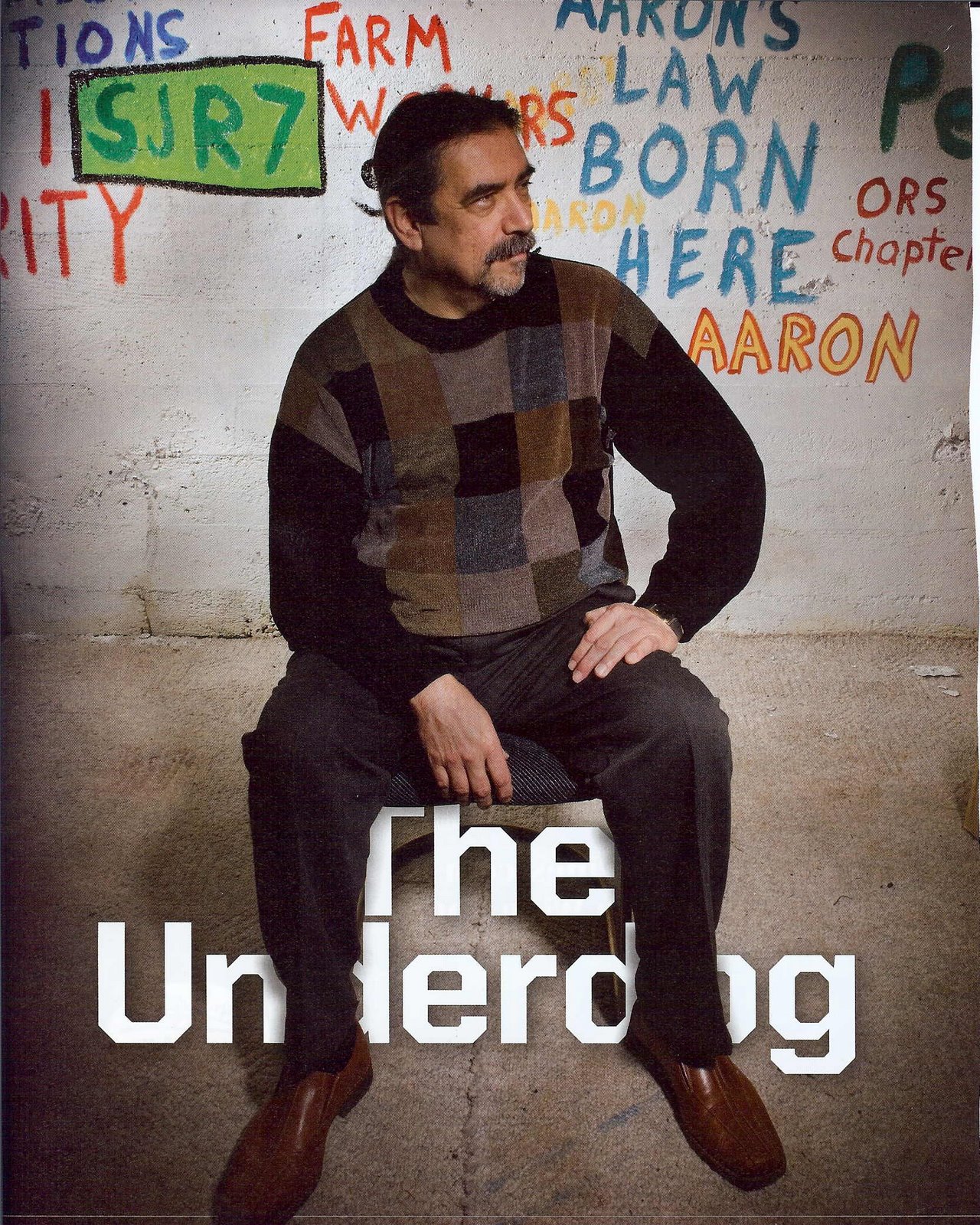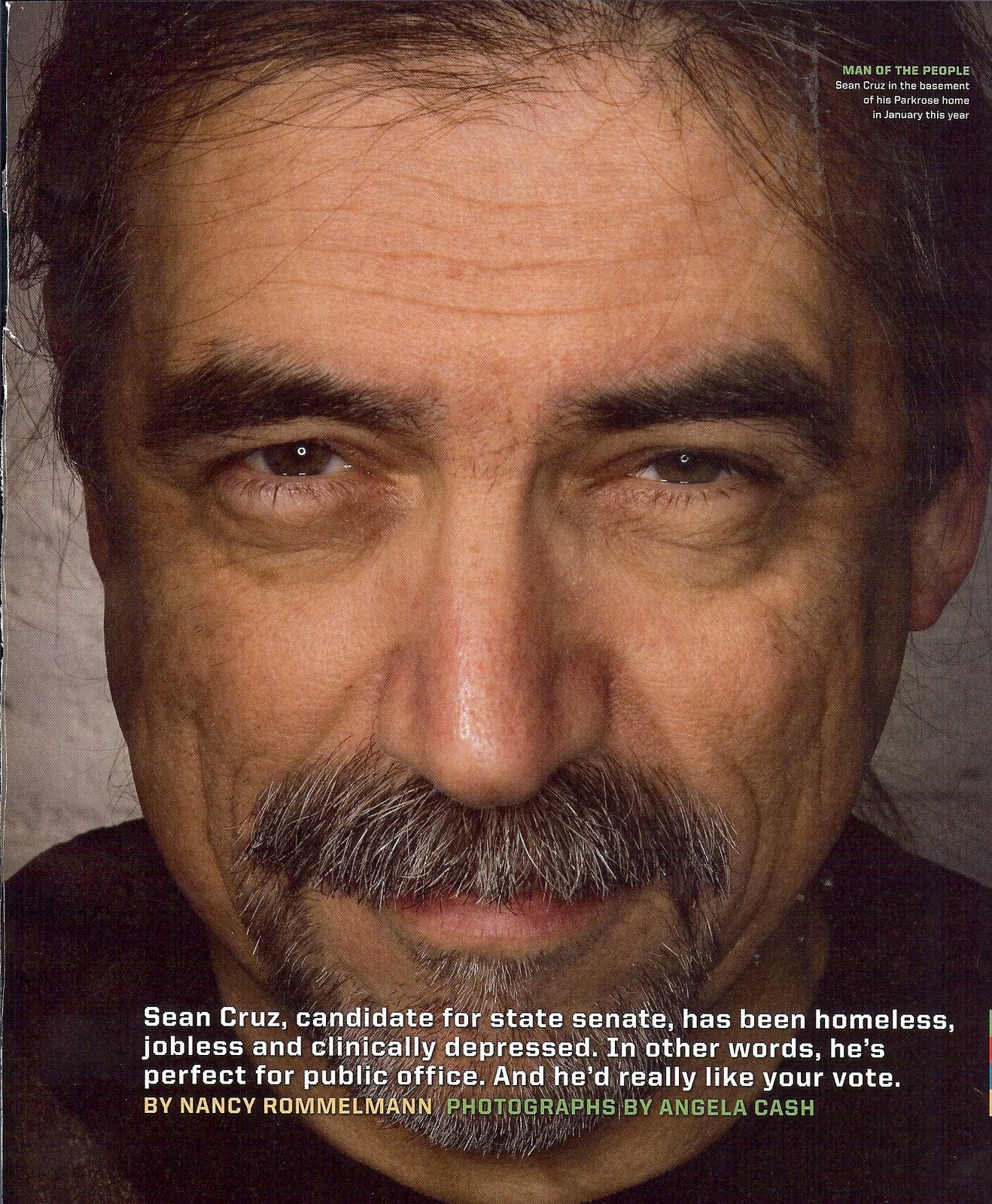July 29, 2012
Portland, Oregon—
The recent civil court motions in Multnomah County in the Kyron Horman kidnapping case are the first filings under Aaron’s Law since the statute was enacted in 2005, when Oregon became the first and only state in the nation to create a civil cause of action for the crime of Custodial Interference in the First Degree.
The number one reason that it has taken so long for a case to be brought forward under Aaron’s Law is because so few people know it exists. That is about to change, is already changing now.
There are a lot of people close to the Kyron Horman case looking at a completely new application of law right now, intruding at a time when both the criminal and family law systems are failing and time is marching on, and yet a child is still missing, and note the use of the word “intruding.”
Fewer still understand how Aaron’s Law works. The Kyron Horman case is the first of its kind in the nation, and there will be a great many legal precedents set here as the process outlined under Aaron's Law unfolds.
Attention is about to go nationwide. Believe it! There is a presidential election at stake, with a Mormon candidate. This is gonna be good! God does move in mysterious ways, and in this presidential election, He is gonna punish the wicked!
You bet Aaron’s Law is an intrusion!
Aaron’s Law was written for times like these!
Aaron’s Law gives a parent the power to intrude, the power to assert some control into a system that is failing to produce a missing child and that forces a parent to sit on the sidelines and wait, to wait perhaps forever.
Nothing works in a kidnapper’s favor more than delaying proceedings, two years so far in the Kyron Horman case.
This is a good time to explain the law:
Oregon’s landmark anti-kidnapping statute, Senate Bill 1041 “Aaron’s Law”, is triggered when “a person” commits the crime of Custodial Interference in the First Degree.
1. Who: Note that the statute applies to “a person,” making no exceptions.
“A person”…”any person”…”each person”…”every person”…all the same. This reaches to all of those religious zealots and hypocrites out there...a church shunning can very well be a kidnapping.
2. What: DO NOT take, entice, keep (or conceal) a child in violation of these criminal statutes.
“A person commits the crime of custodial interference…if, knowing or having reason to know that the person has no legal right to do so, the person takes, entices or keeps another person from the other person’s lawful custodian or in violation of a valid joint custody order with intent to hold the other person permanently or for a protracted period.”
3. Where: DO NOT remove the child(ren) from the state of Oregon.
4. Why not: DO NOT expose the child(ren) “to a substantial risk of illness or physical injury.”
Abduction by any person—including a parent—is known to be as abusive to the child as any other form of abuse, and is often the gateway to other forms of child abuse.
If Aaron’s Law had been on the books in 1995, then my son would still be alive today, and my family unbroken.
Here are the key elements of Oregon’s Custodial Interference laws:
ORS 163.257 Custodial interference in the first degree.
(1) A person commits the crime of custodial interference in the first degree if the person violates ORS 163.245 (Custodial Interference in the second degree) and:
(a) Causes the person taken, enticed or kept from the lawful custodian or inviolation of a valid joint custody order to be removed from the state; or
(b) Exposes that person to a substantial risk of illness or physical injury.
(3) Custodial interference in the first degree is a Class B felony.
ORS 163.245 Custodial interference in the second degree.
(1) A person commits the crime of custodial interference in the second degree if, knowing or having reason to know that the person has no legal right to do so, the person takes, entices or keeps another person from the other person’s lawful custodian or in violation of a valid joint custody order with intent to hold the other person permanently or for a protracted period.
(3) Custodial interference in the second degree is a Class C felony.
~~~~~
Sean Cruz is the father of four children who disappeared from their Oregon homes into Utah in a Mormon abduction in 1996.
He led the legislative work group on Senate Bill 1041 in 2005, which provides the statutory basis for the civil action filed by Kyron Horman's family.
The bill followed on the work of the Senate President's 2004 Interim Task Force on Parental and Family Abductions, and was informed by his personal experiences as the father of four children who disappeared from Oregon in a Mormon abduction that began in 1996.
SB 1041 became known as "Aaron's Law" in memory of his late son Aaron Cruz (who died in the course of his abduction) at the same time that it passed the House on a unanimous vote, and Governor Kulongoski signed the bill into law with Aaron's photograph on his desk.
Having fought through four jurisdictions in three states against a phalanx of Mormon lawyers who used every trick in the book to delay proceedings in the case of the Cruz kidnappings, Aaron's Law anticipated where the Kyron Horman case would be today.
They are going to remember you now, son....








